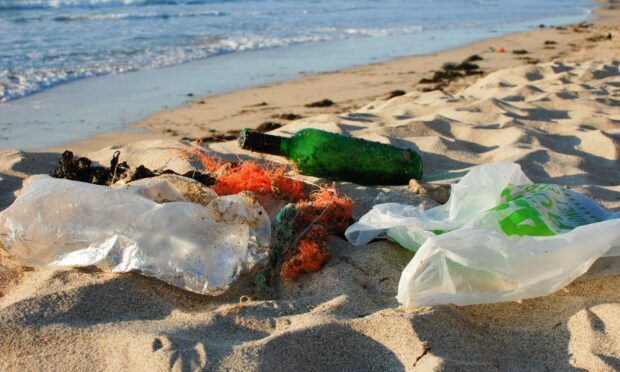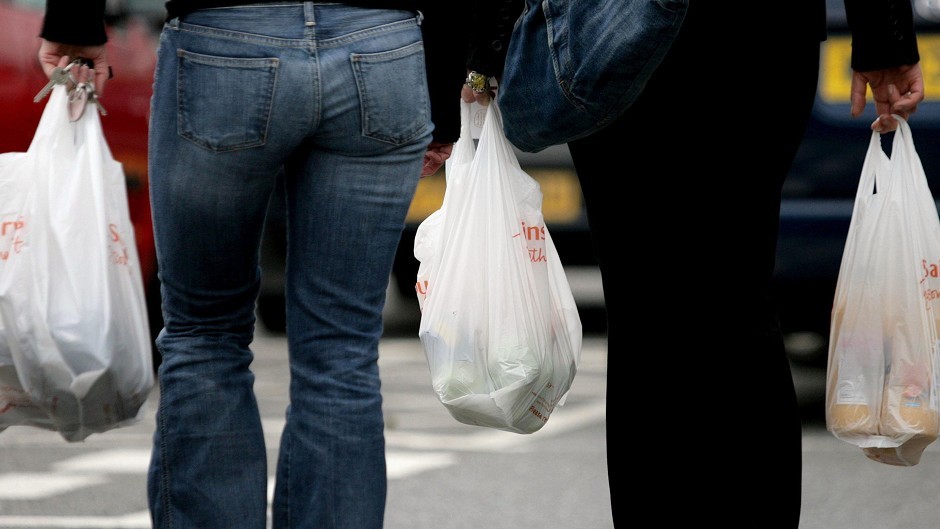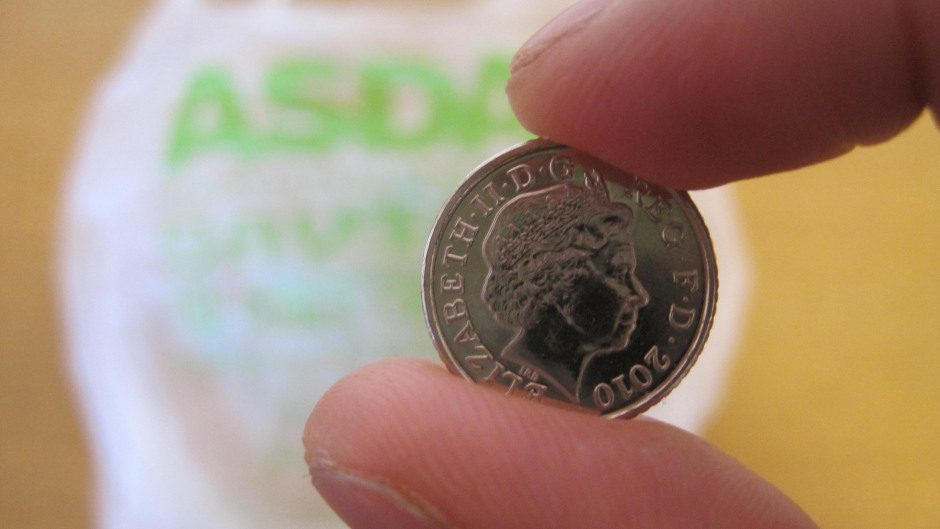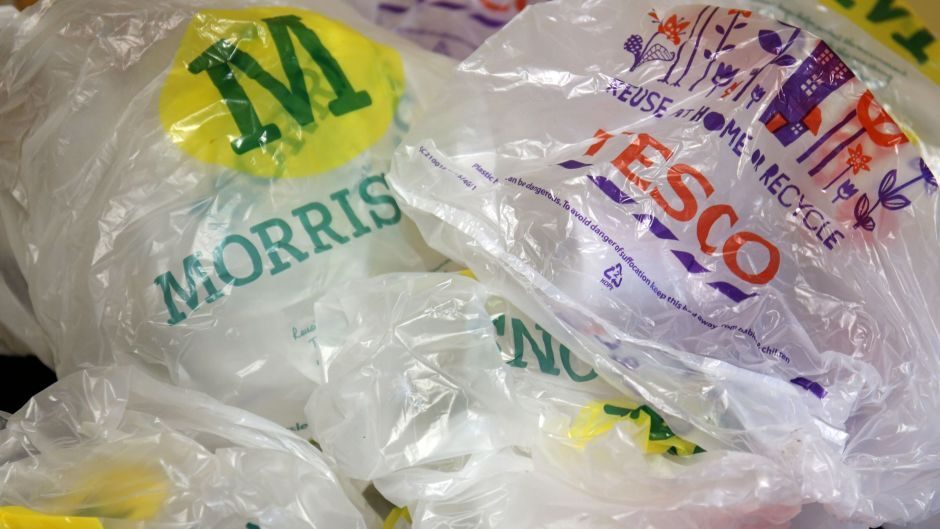Once seen as a grocery shopping convenience, plastic bags have become a huge strain on the environment.
It can easily take 500 years for a single plastic bag to disintegrate completely, meaning that they make up a significant portion of rubbish in landfill and pollution on beaches and waterways
But it’s not all bad news. Since the Scottish Government brought in a levy on single use plastic bags back in 2014, the results have been staggering.
In just one year, 650 million fewer carrier bags were sold by Scotland’s seven major supermarkets.
And since today marks International Plastic Bag Free Day (July 3), we take a look at how things have been improving since.
Has it really been eight years?
A 5p charge was introduced on single-use plastic carrier bags in Scotland on October 20, 2014.
The point of the charge was simple – educate people about the harm plastic bags cause and get them to stop using so many.
Before the levy was introduced, around 800 million single use bags were used in the major Scottish grocery retailers alone each year, and that number was on the increase.
This throwaway culture was having a big impact on the environment.
In 2013 Marine Conservation Society’s annual Great British Beach Clean found an average of 17 plastic bags per 100 metres of beach in 2013.
A year later, this had reduced to 12 plastic bags per 100m.
The good news is that the very same beach clean volunteers found that this number had dropped even further by 2021, with just three bags found per 100 metres of beach.
“This is a fantastic example showing the power these types of policies have,” said Catherine Gemmell, Scotland conservation officer for the Marine Conservation Society.
“We hope to see a further decline in plastic bags on beaches following the carrier bag charge rise to 10p (which was approved in April 2021).”
The single-use carrier bag charge will increase from 5p to 10p this April in Scotland @scotgov 👏 Since the initial charge in 2014 we've seen a 76% drop in plastic bags found on beaches! 🏖️ pic.twitter.com/3D0KXKXWaa
— Marine Conservation Society (@mcsuk) January 14, 2021
Throwaway culture needs to change
It backs up the staggeringly-positive results reflected in a study which took place one year after the 2014 ban.
The research, undertaken by Zero Waste Scotland, estimated 650 million fewer carrier bags were sold by Scotland’s seven major supermarkets that year – and that’s even with increases in alternatives like bags for life and bin liners taken into account.
Multiply that by eight and you’d get a rough picture of the last eight years.
“Taking our own reusable bags out and about has become commonplace for many of us, and it’s a welcome shift to help reduce litter and drive a circular economy for Scotland,” said Ian Gulland, chief executive of Zero Waste Scotland.
He added that single use items are “emblematic” of our throwaway culture but the simple approach taken with carrier bags “really shows how switching to reusables can make a positive difference.”
Just the tip of the iceberg…
However now is not the time to get complacent.
Plastic bags may not be such a big issue as they once were, but there are plenty of other plastics we are yet to begin to tackle.
“It is not just bags our volunteers find on beaches,” said Catherine from the MCS.
“With over 250 plastic items being recorded on average per 100m of Scottish beach surveyed during the Great British Beach Clean in 2021 we need faster and more ambitious action to stop litter entering Scotland’s seas in the first place by moving from a single use society to one that focuses on reuse, refill and repair.”




Conversation